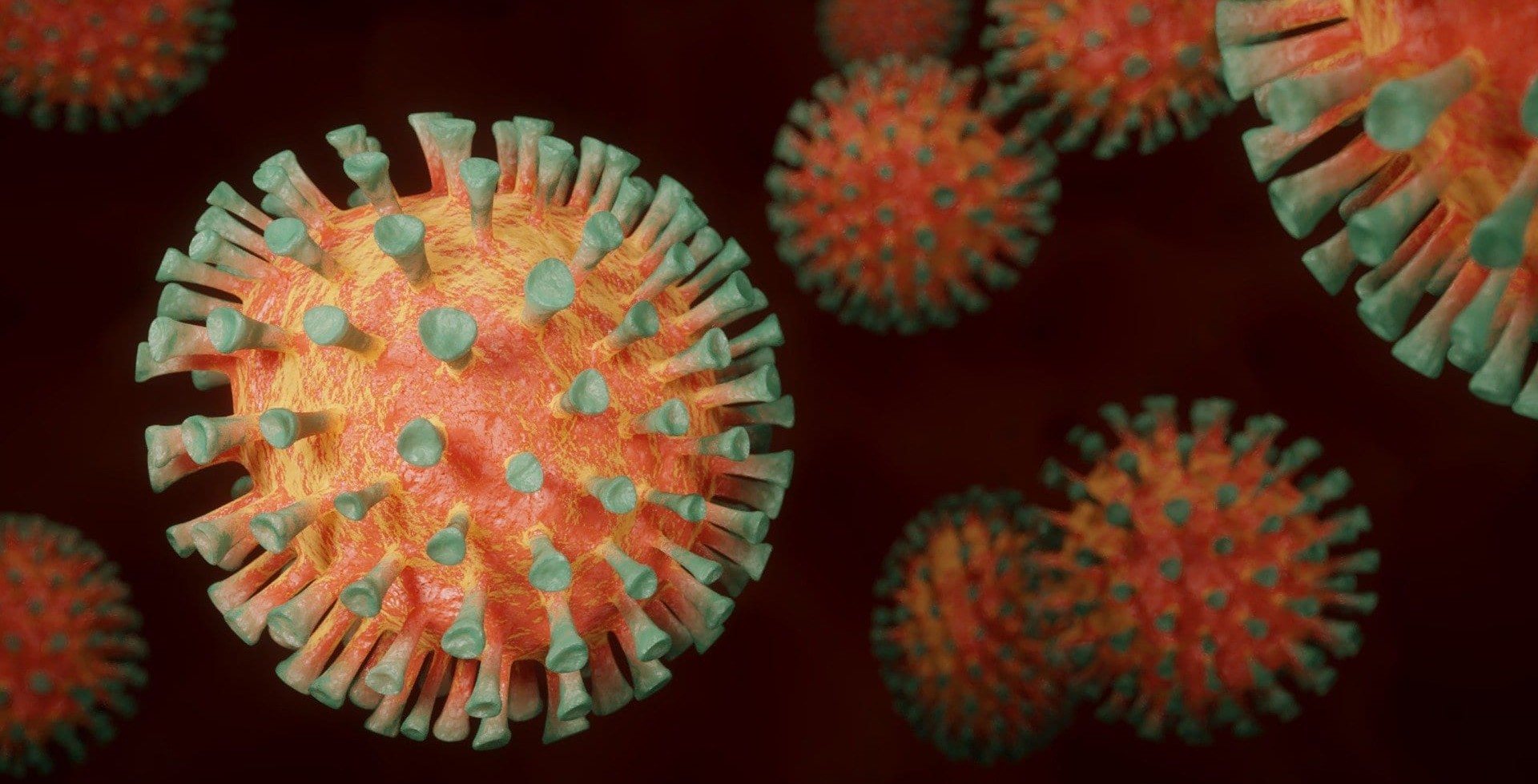The Epidemiological Project
The Epidemiology Team at the University of Nicosia Medical School is leading an international initiative aimed at conducting a comparative study on the direct and indirect mortality burden of COVID-19 since the start of the epidemic. The project aims to answer the following research questions: a) What is the overall mortality impact of the pandemic in different countries around the world, taking into consideration mortality from other causes, in context of strict quarantine measures and healthcare system overload? b) Is there evidence for underreporting of COVID-19 related deaths in specific countries? c) What is the burden of the COVID-19 pandemic in selected countries, in regards to premature mortality? d) Will the pandemic have lasting long-term impacts on the mortality of populations?
The Added Value and Public Health Benefit
The proposed study will investigate the above in different countries, all with their own characteristics (e.g. population structure, healthcare systems, social support systems, etc.) and different approaches in regards to containment of the pandemic. Ultimately, the proposed study aims to inform the management of future epidemics (or the next pandemic), both at regional, national, and global level, so as to ensure protecting public health and reducing the mortality burden.
The interim/ongoing data and results, while incomplete, can also inform decision-making during this pandemic when leaders have to make important public health decisions, by using comparative overall year-on-year mortality data as an additional data point for decision-makers.
The Data and Platform
Working in close collaboration with the Artificial Intelligence Lab at the Department of Computer Science and the web team of the University of Nicosia, the research consortium will be providing open-access to the data as it is collected as well as dashboards and data visualizations.
The Current Consortium
Host / Coordinating Institution
University of Nicosia Academic Leads
Medical School
(Dr Alexandros Heraclides, Dr Ourania Kolokotroni, Dr Christiana Demetriou, Dr Annalisa Quattrocchi, Dr Maria Cecilia Mosquera, Dr Constantina Constantinou, Dr Nicoletta Nicolaou, Prof Peter Karayiannis, Prof Andreas Charalambous);
Department of Computer Science
(Dr Ioannis Katakis, Prof Athena Stassopoulou, Dr Pantelis Agathangelou, Dr Demetris Trihinas, Dr Ioannis Kyriakides, Dr Michalis Agathocleous).
Confirmed Participating Institutions / National Lead Institution
- Australia (Deakin University)
- Belgium (European Commission, Joint Research Centre)
- Greece (National School of Public Health)
- Spain (University of Oviedo)
- Sweden (Karolinska Institutet)
- UK (St. George’s, University of London)
- USA (University of Texas Medical Branch and University of South Carolina).
How Can You Help?
This is a large complex long-term project that will require broad participation and a common effort to get to a successful conclusion. We are actively looking for assistance in three areas: a) institutional partners, b) individual researchers or developers who can contribute their time to this project and c) funding assistance
In all cases, please contact us at: [email protected] or @UNIC_CMOR on Twitter
Institutional Partners
We are searching for institutional partners (universities, public authorities, etc) to lead the data collection / management in their home countries.
Our top priority countries are:
- Based on current spread of COVID and accessibility of public data: any EU member states not noted above and all other countries in the Top 25 countries of confirmed cases: UK, China, Iran, Turkey, Brazil, Canada, Russia, Switzerland, Israel, India, Peru, South Korea, Japan and Chile
- Based on longer experience with COVID: Any East Asia and SE Asian Countries
Having said that, our objective is global coverage, subject to data limitations, so we welcome institutional partners from any country in the world.
Individual Researchers / Technical Staff
We welcome individual researchers with experience in public heath, epidemiology or statistics.
We also welcome individuals with web development expertise (front-end and back-end), visualization expertise and scripting/web-scraping expertise
Funding Sources
At this stage, the project is 100% internally funded by the human and other resources of the participating universities. We would welcome any external funding sources that would allow us to increase the resources dedicated to this project, including hiring additional full-time staff to dedicate to this project.
Timeline
We have started work on this project last week. We hope in the next 1-2 weeks to have a public framework for data collection and will be rolling out data incrementally, on a national and/or sub-national level as we collect it, in order to assist decision-makers.

